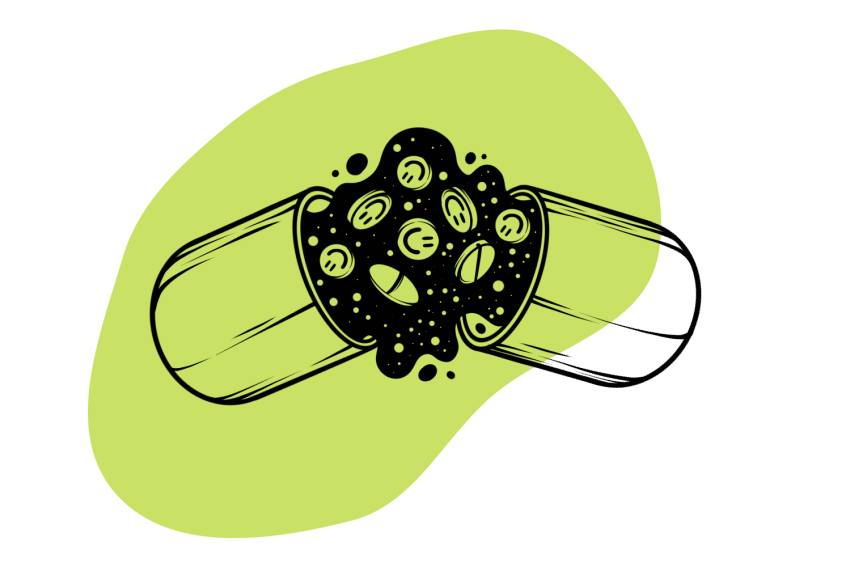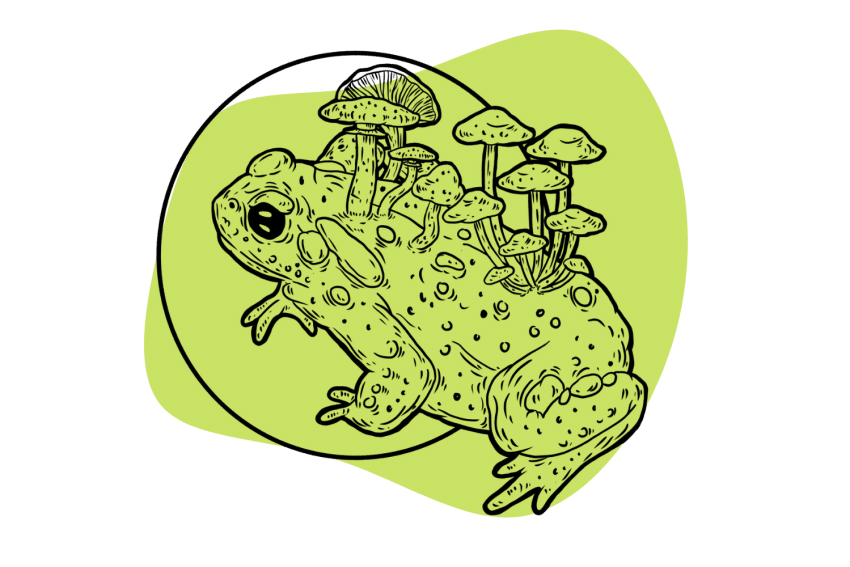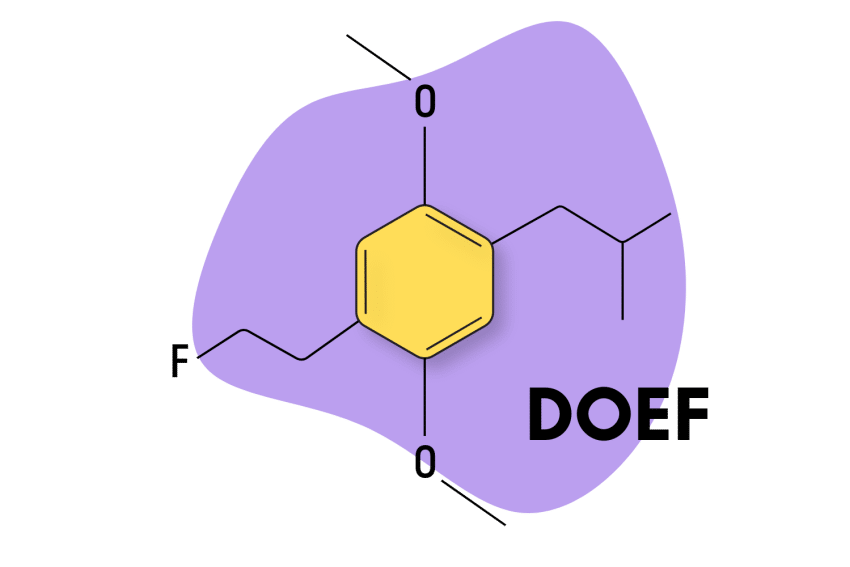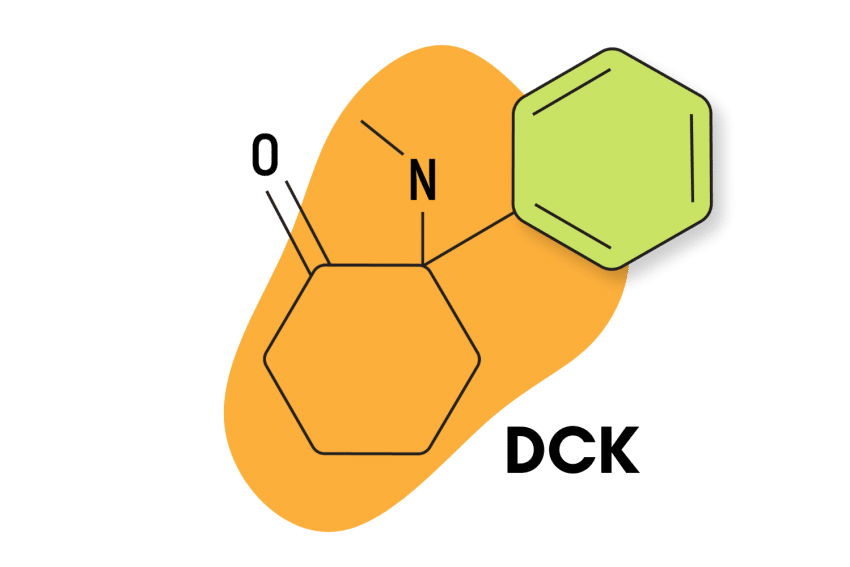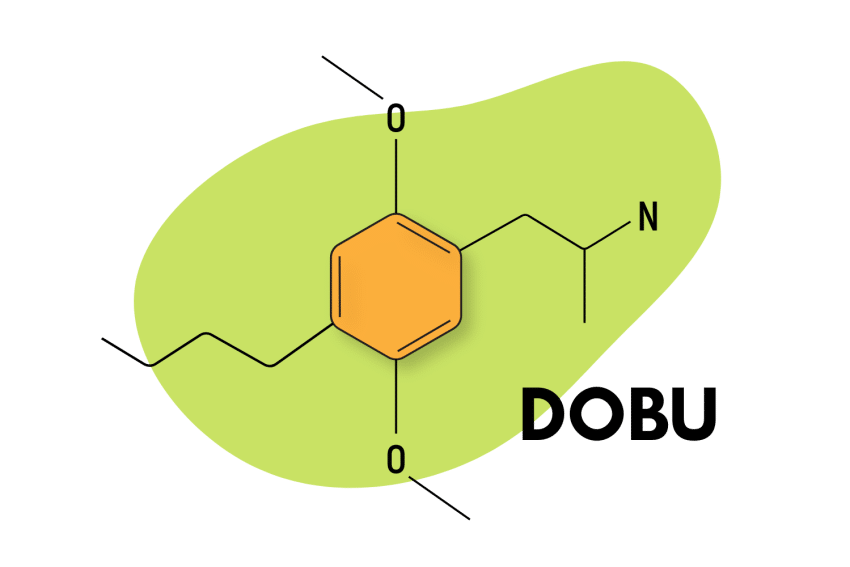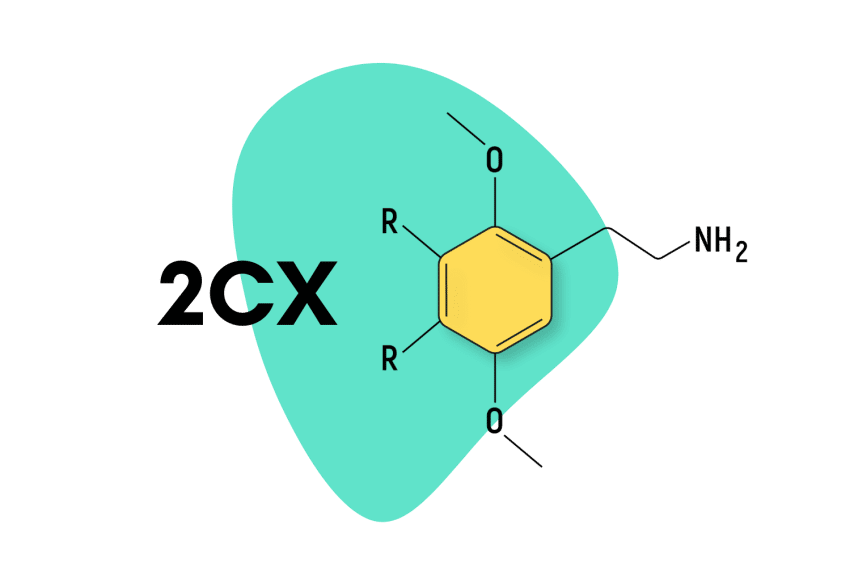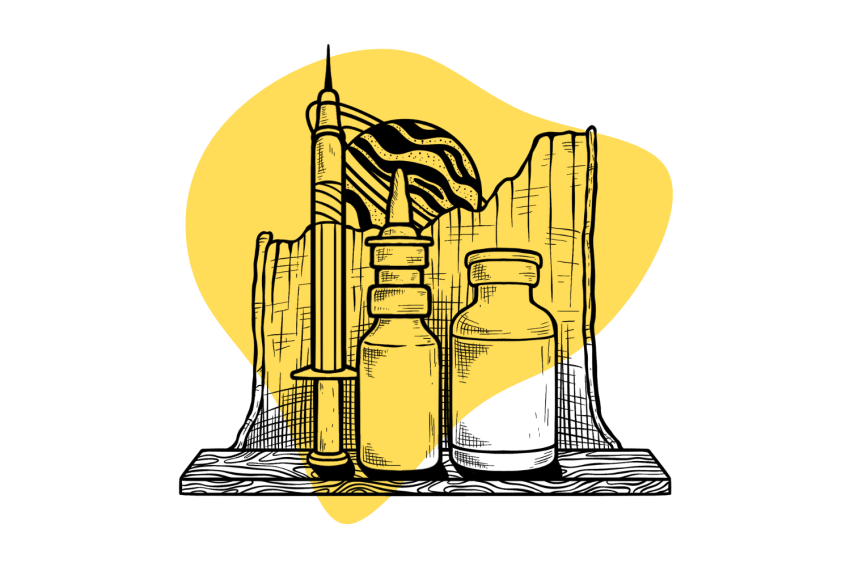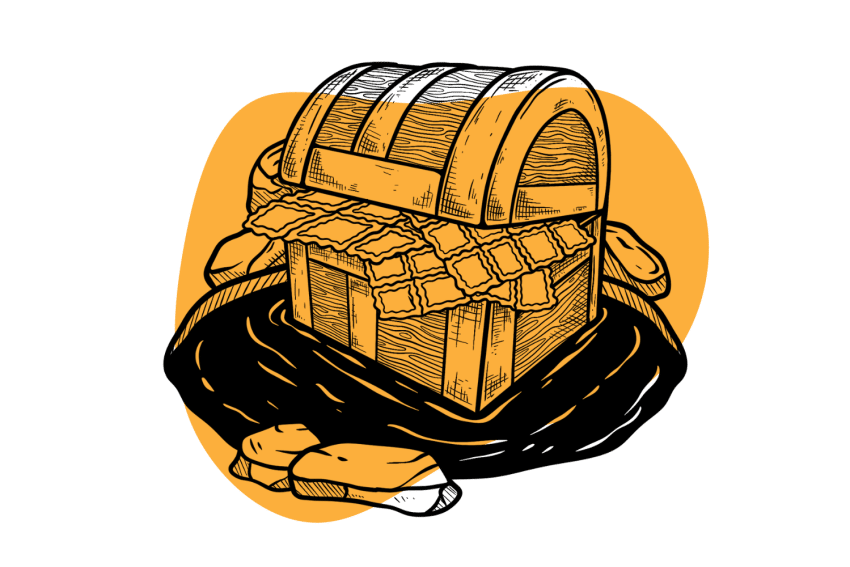What Is Phenibut & How Does It Affect Psychedelic Trips?
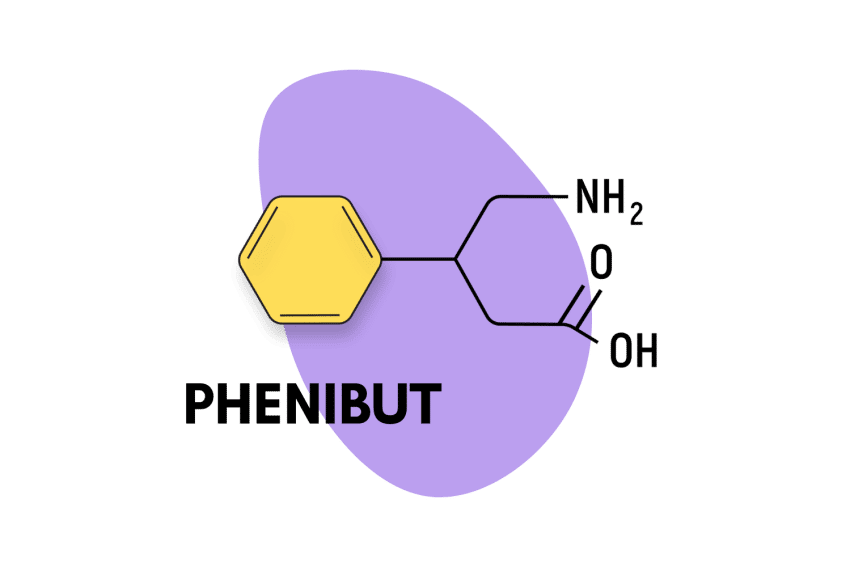
Nothing can ruin your enthusiasm for psychedelics quite like a bad trip. The negative experience itself is unpleasant but even worse is how it colors future experiences with apprehension and anxiety.
Some psychedelic users keep a calming nootropic called phenibut kicking around to help them remain calm, collected, and engaged in a more positive and productive psychedelic experience.
But the question remains — is phenibut safe? Can it be used effectively as a trip killer?
What Is Phenibut?
Phenibut is an anxiolytic drug used to treat anxiety and insomnia. It has sedative effects that suppress the central nervous system, causing users to feel calm, relaxed, and sleepy. These properties potentially make phenibut useful for combatting negative psychedelic experiences since it can reduce the pre-trip nerves that could poison the trip.
Experienced psychonauts know that one bad trip often triggers subsequent bad trips; phenibut may help break the cycle and increase the chances of having a more positive experience.
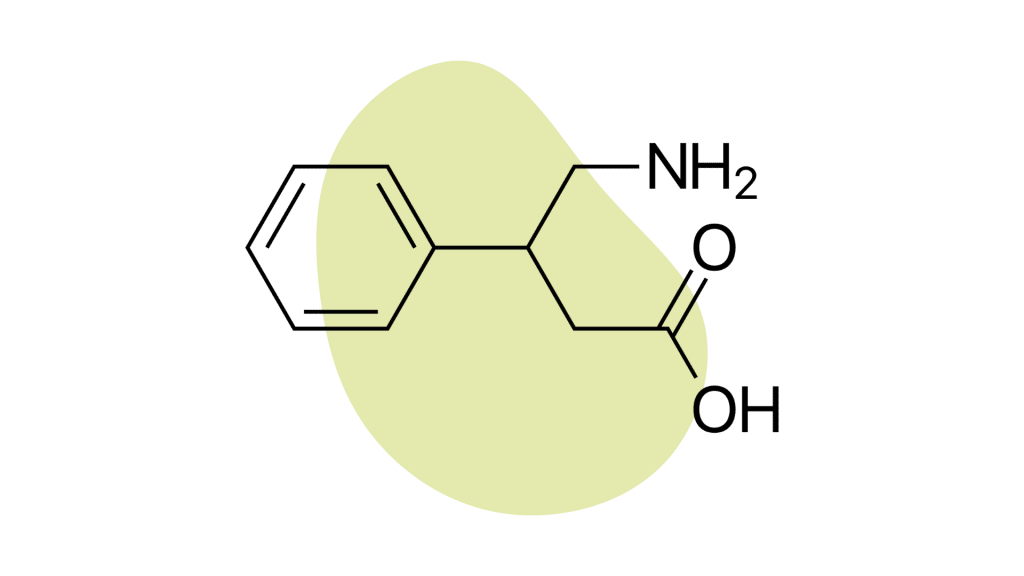
How Does Phenibut Work?
Phenibut is a GABA analog that functions as a GABA B receptor agonist. GABA is an inhibitory neurotransmitter that suppresses neural activity, and by mimicking GABA, phenibut reduces neuron excitability in the brain.
What Is Phenibut Used For?
Phenibut is mostly used to treat anxiety and insomnia, but it is also sparingly used to treat depression, PTSD, alcohol withdrawal syndrome, and some vestibular disorders. It was created in the Soviet Union in the 1960s and is still used in Russia, Ukraine, Belarus, and Latvia to treat anxiety and insomnia. However, phenibut is not approved for clinical use in the United States or Europe, and it is a controlled substance in Australia.
Phenibut also sees a decent amount of recreational use, and some users report that it can induce euphoria. People who use psychedelics may consider using phenibut after a bad trip to relieve anxiety and reduce the risk of experiencing issues with recurring bad trips.
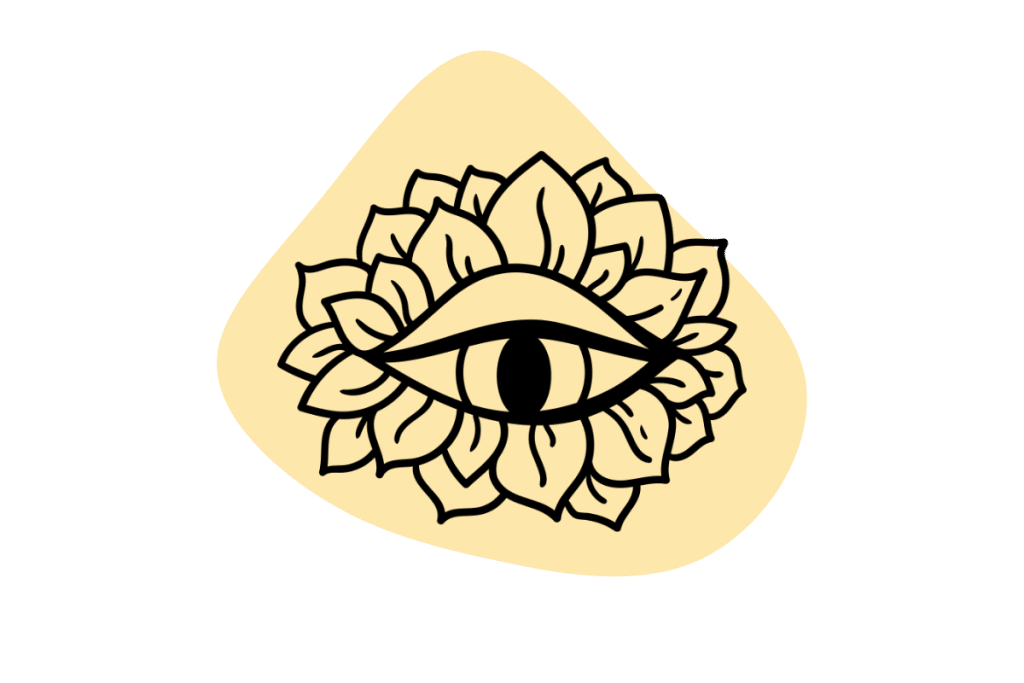
Is Phenibut a Trip Killer?
No, phenibut is not a trip killer, although it does have a similar benefit to psychedelic users.
Trip killers are antipsychotic medications used to end a bad trip while it’s in progress. You can think of trip killers as an emergency eject option. They’re not perfect, and they carry their own risk. The most common drugs used for this purpose are benzodiazepines such as Xanax. Phenibut works through similar mechanisms (GABAergic) but is within a class of its own.
Taking phenibut during a bad trip won’t end the trip. However, phenibut is a powerful anti-anxiety drug, so it may help reduce the panic that comes with a negative experience. Most psychedelic users don’t use phenibut during a bad trip but will instead take it before the experience to help them relax and improve their mindset, increasing the odds of having a pleasant trip.
How Will Phenibut Affect a Psychedelic Experience?
Phenibut adds a calming effect to the experience. This can be helpful for alleviating feelings of anxiety or stress going into the experience and may help smooth the landing later on. Generally speaking, the biggest predictor of a “bad trip” is feelings of stress, paranoia, or discomfort going into the experience.
Despite these benefits, it’s wise to use phenibut sparingly (if at all) with psychedelics.
Over-reliance on this substance to ensure smooth psychedelics defeats much of the point of using them in the first place. This substance is also commonly associated with compulsive usage — which comes with a host of negative side effects.
Phenibut Risks & Side Effects
Phenibut is only considered safe if you use it sparingly. It has a high risk of leading to dependence. For this reason, the United States, most of Europe, and Australia consider the drug unsuitable for clinical use. However, in small doses, it can be used safely.
Safely using phenibut to enhance psychedelic experiences involves taking only approved doses and not relying on phenibut for every trip. Establishing the right set and setting practices and avoiding psychedelics when you’re not completely ready is a healthier way to have positive experiences.
Phenibut can also lead to side effects of its own, including dizziness, reduced consciousness, poor muscle coordination, nausea, lethargy, and hangover-like effects.
Phenibut may also interact negatively with certain compounds, including dissociative drugs, benzodiazepines, deliriants, and other psychedelics known to have a sedative-like effect.
It’s possible to overdose on phenibut, so be careful only to take the recommended dose. Symptoms of a phenibut overdose include severe drowsiness, vomiting, low blood pressure, and unconsciousness.
Because these side effects often overlap with some psychedelics, it’s best to give this combination a skip.
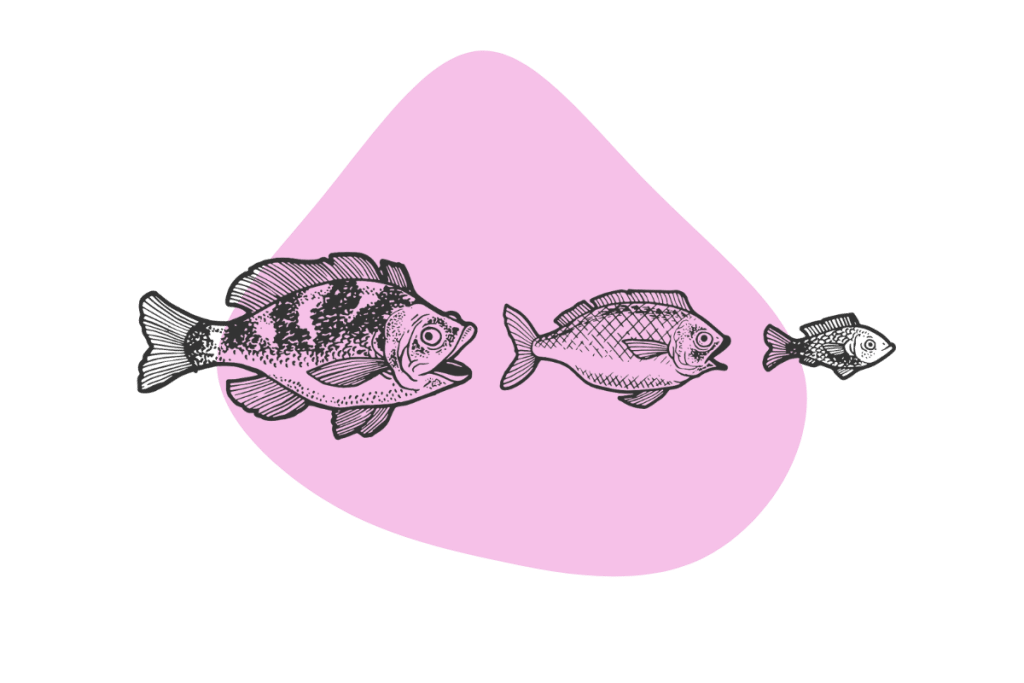
Final Thoughts: Phenibut & Psychedelics
Some psychedelics users take phenibut prophylactically before a trip to reduce the chances of experiencing anxiety and paranoia during the experience. Others take it near the end of a trip to smooth the landing.
While it’s perfectly possible for someone to use phenibut safely alongside psychedelics, this combination carries some risks you need to be aware of first.
The main concerns with using phenibut are the risks it carries for forming dependency and increasing the risk of harm from certain classes of psychedelics.
If you plan to use phenibut with psychedelics, make sure you’re aware of the legal status in your region (phenibut is illegal in the US and many other countries without a prescription), and avoid taking it with any substances that have a sedative-like action or interact with the GABA receptors in any way.

